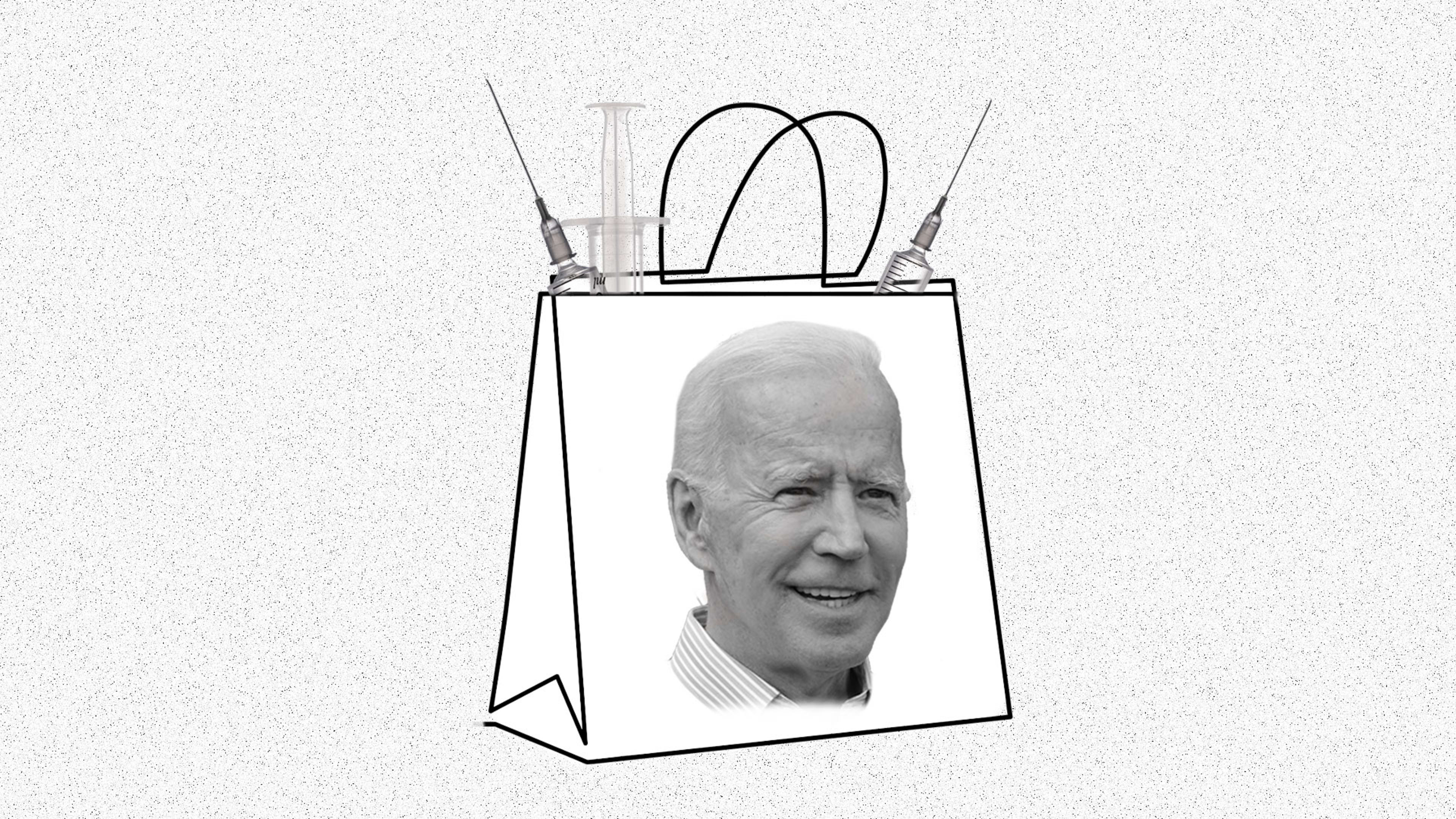When President Biden announced in September that private businesses would have to comply with a COVID-19 vaccine mandate, he also noted his Occupational Safety and Health Administration would be figuring out the details from there. Two months have passed—long enough for the administration to get buried in a mountain of lawsuits so high that one legal scholar told Reuters Biden’s mandate “will never see the light of day.”
By now, nearly all of America’s important business groups have criticized the mandate in some way. But beyond a curled lip, it’s been anything but a united front—sometimes not even between two groups representing the same industry.
No example may summarize this complicated mess better than the tale of America’s two biggest retail groups, the National Retail Federation and the Retail Industry Leaders Association. Both represent big companies. (NRF’s key members are big-box chains like Target and Walmart.) However, RILA doesn’t really work with smaller businesses, the ones contending that Biden’s mandate would put them flat on their backs.
This perhaps explains why the RILA has focused its messaging on implementation rather than legal opposition. While the group has voiced concerns about the mandate, its message has focused on how it is helping its members implement “the protocols necessary to follow the testing and vaccination requirements.”
By contrast, NRF filed a federal lawsuit yesterday against the Biden administration, to get the mandate struck down in court. Joining on the suit are also the National Federation of Independent Business and the American Trucking Associations; the trio of groups claims Biden’s rule will cause “irreparable harm,” and result in businesses losing employees and incurring “unrecoverable compliance costs” in “already fragile supply chains and labor markets.”
NRF says that the timing—during the height of the holiday season—makes things worse. It’s also already written the Labor Department a letter arguing the mandate is pointless: “Workers face the danger of COVID-19 wherever they go,” it reads, “because they are human beings going about the world, not because they go to work.” On Friday, NRF sent the administration another letter, this time objecting to the January 4 compliance deadline. In a statement this week, NRF president Matthew Shay said: “It appears that our only remaining course of action is to petition for judicial relief.”
RILA was never a fan of the 60-day deadline, and continues to call the fines for noncompliance—which can be up to $136,532 per infraction—”unnecessary and unhelpful.” But it tells the New York Times‘s DealBook today that it won’t be suing. It said in an earlier statement that despite “all these challenges,” retailers would continue to “focus on providing a safe and welcoming environment for all our employees and customers.”
Recognize your brand’s excellence by applying to this year’s Brands That Matter Awards before the early-rate deadline, May 3.
